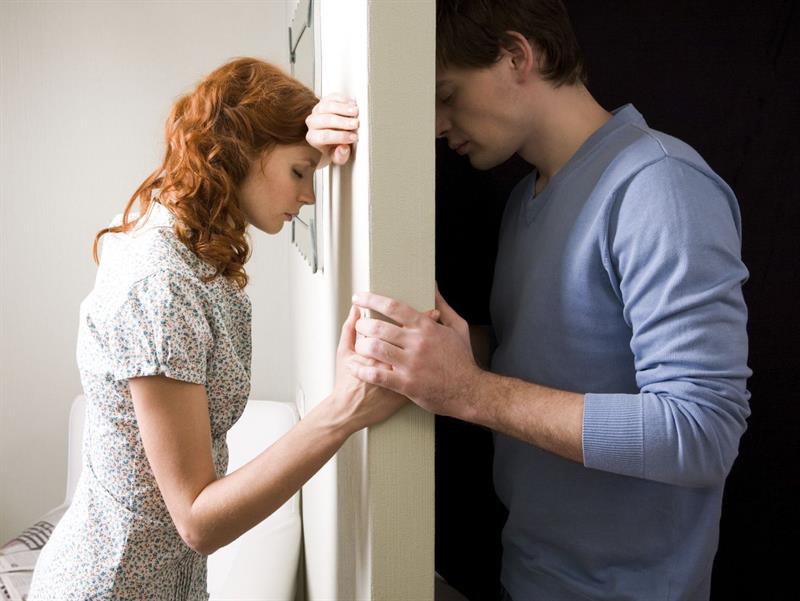I am lonely. i have very few people in whom I can confide. Most of these are old friends who live in other cities. My adult children are a wonderful source of companionship and support, but they are not my confidantes. I think it is unfair to ask that of them.
Not having people in whom we can confide makes us very lonely, and detrimentally effects our health. It even shortens our life.1 Loneliness is very painful. In fact, it is equivalent to physical pain because we are biologically wired to connect with others. That is why connecting with others feels so good.2 Loneliness can be measured by the number of persons in whom we can confide. Over the years, that number for each of us has been decreasing significantly.3
I like to be a person in whom others can confide. I am happy to listen to people’s challenges and troubles. In my arrogant youth, I wanted to be the person who had all the answers to their troubles, and I offered the answers freely. It made me feel superior and so much smarter than the other person. (Not that I would admit that to myself at the time).
I discovered the error of my youthful arrogance when my husband was sick and dying. I just wanted to pour out my heart and have someone listen without judgment, and only with compassion. I didn’t want solutions and answers. In all honesty, at that time, there weren’t any solutions other than doing my best to get through every day caring for my husband and children. As a result of that experience, I learned simply to offer comfort and support rather than solutions.
Offering comfort and support is part of the equation for connecting with others. However, offering comfort and support without being open to receiving it is another form of arrogance and is a barrier to connecting. It says to the other person that, unlike you, I can solve all my problems on my own and don’t need your support.
Ingrained in our culture is an overemphasis on self-reliance and independence.4 This attitude is a huge source of loneliness in our culture.5 I have finally come to realize that if I am going to stop feeling lonely, I need to expand my circle of confidantes. To do that I must overcome this American ideal of “doing it all on your own and not needing anyone”. That is really hard for me due to my upbringing and my past experiences. I took care of my terminally ill husband, by myself, for almost three years, and essentially I have raised my four children alone. In all honesty, my immediate judgment of myself is that I am weak if I ask for help. I believe I should be able to “do it alone”. Intellectually I know that is not a good way to think or live, but my emotions seem to rule in that situation. We all want to be independent and do for ourselves and that is a good thing. But, as with all things, there needs to be a balance.
Our culture’s obsession with independence has really been brought home to me in my law practice. Most of my clients are seniors who are facing the inevitable changes brought about by aging and/or illness. They simply can no longer live independently and/or can’t take care of themselves any longer due to physical or mental declines. They deny it and fight it, but it is a reality with which they must come to terms at some point. Usually that point comes when there is a crisis. Often they have no one they can call for help.
But must it come to this?
How do we find people in whom we can confide? It is a very simple yet very difficult answer. With others we already know, we have to be willing to be vulnerable and confide in them even before they have confided in us. With acquaintances, we have to make the first move towards friendship.
This is difficult to do, in part, because we often feel the need to always present an image of the perfect person. We always have it together. We are always on top of our game. We don’t need anyone. Perhaps that is because so much of our interpersonal interaction takes place in a business setting. If we are going to connect with others, we have to be vulnerable and let them see the real us with all our imperfections. The alternative is a life of loneliness, unhappiness and ill health. We are taking a huge risk when we drop our mask, and yes we will get burned sometimes.
However, the benefits far outweigh the risks. When we unburden ourselves, the other person is more likely to confide in us and a connection is born. And when we connect with others we feel good in every way!
Be vulnerable with someone today. Confide. Connect. The emotional and physical rewards of feeling connected to them will rock your world. And it just may be the antidote to loneliness you’ve wanted for a long time.
1. Olds, Jacqueline, M.D. and Schwartz, Richard S., M.D. The Lonely American; (Beacon Press 2008).
2. Lieberman, Matthew D., Social: Why Our Brains Are Wired to Connect; (Crown Publishers 2013).
3. Olds, id
4. Olds, Id.
5. Olds, Id.


